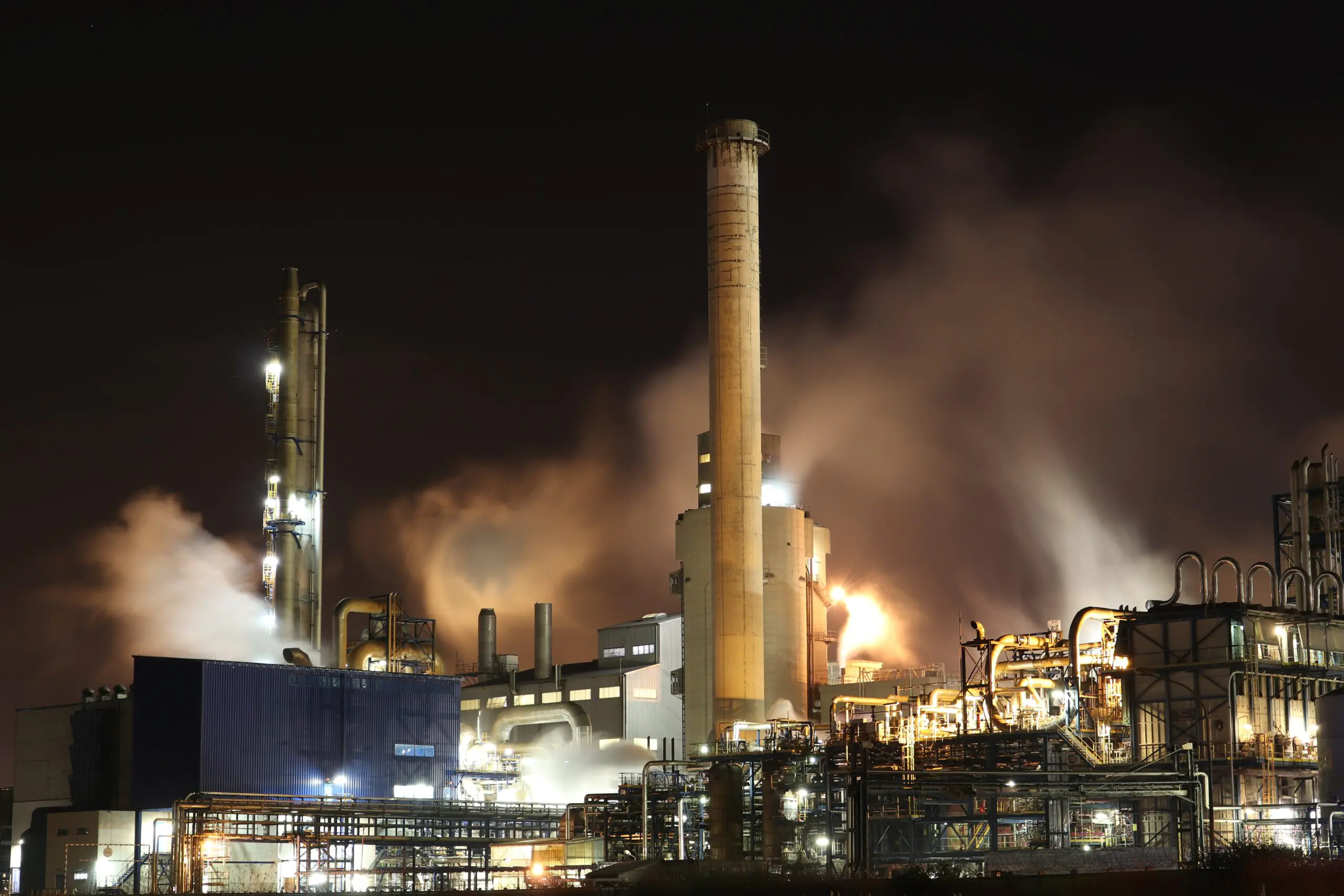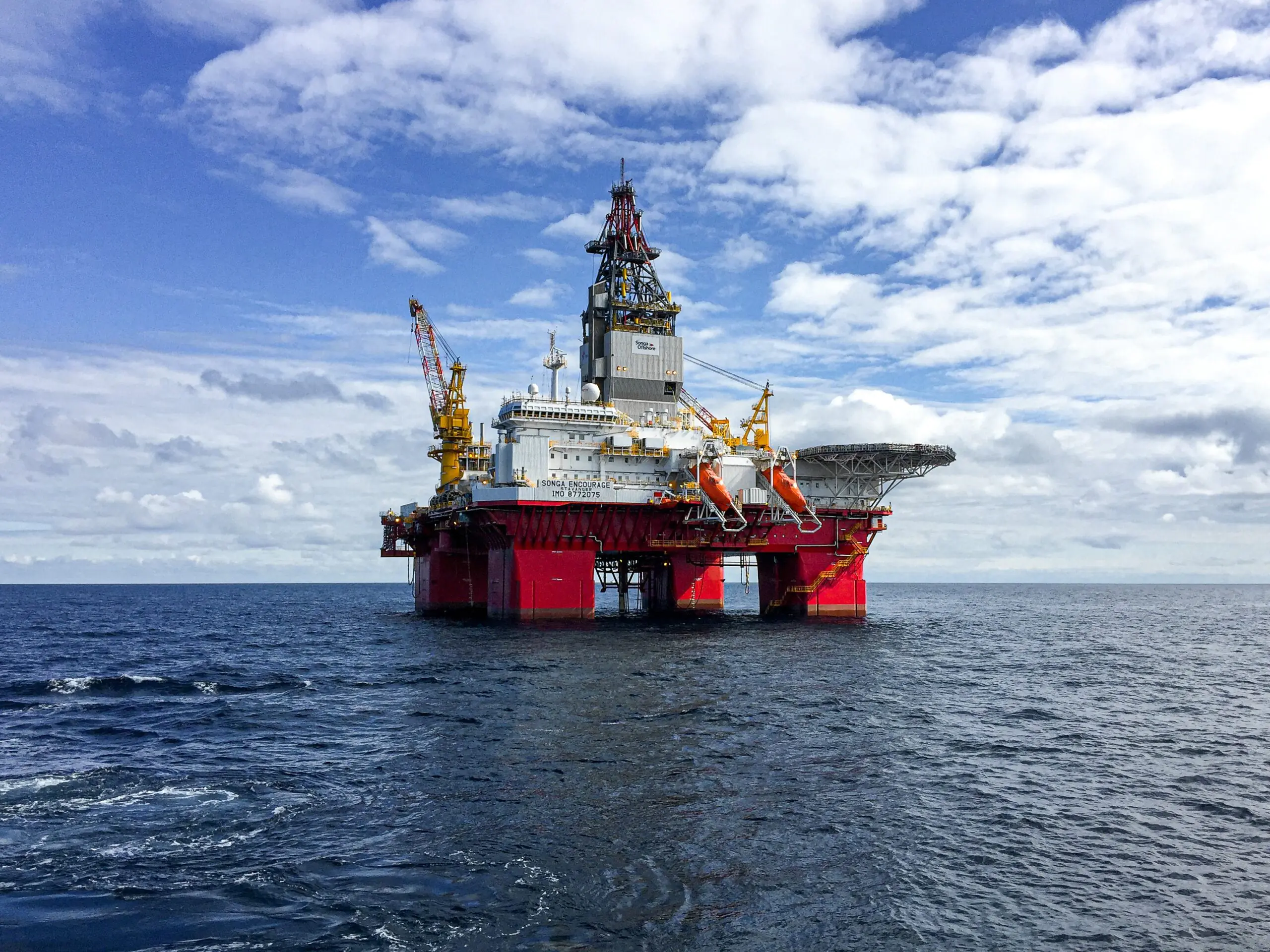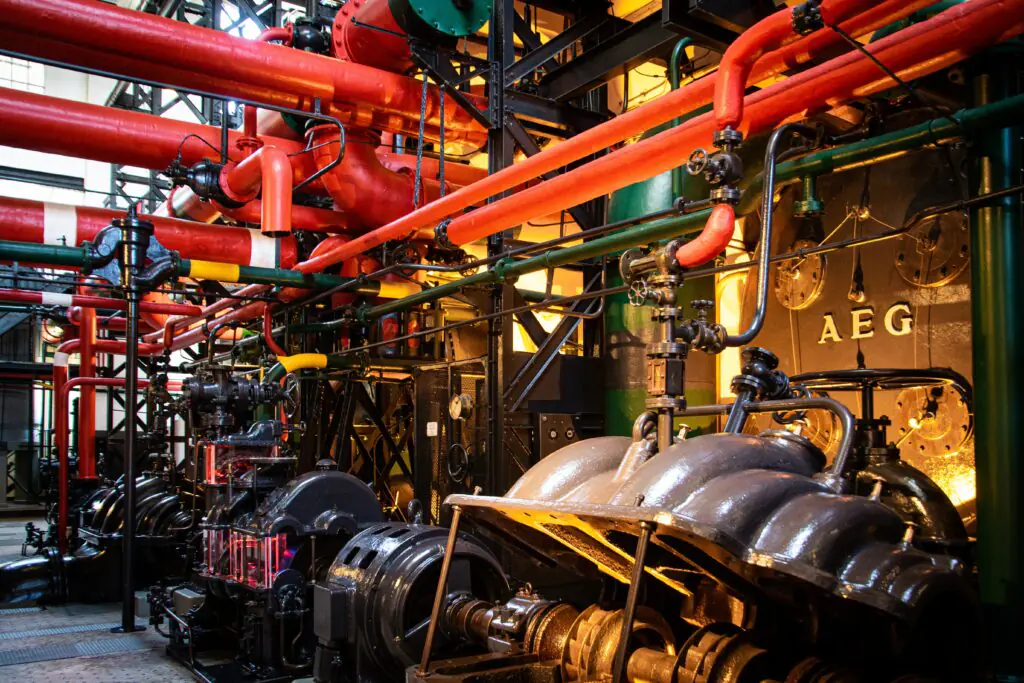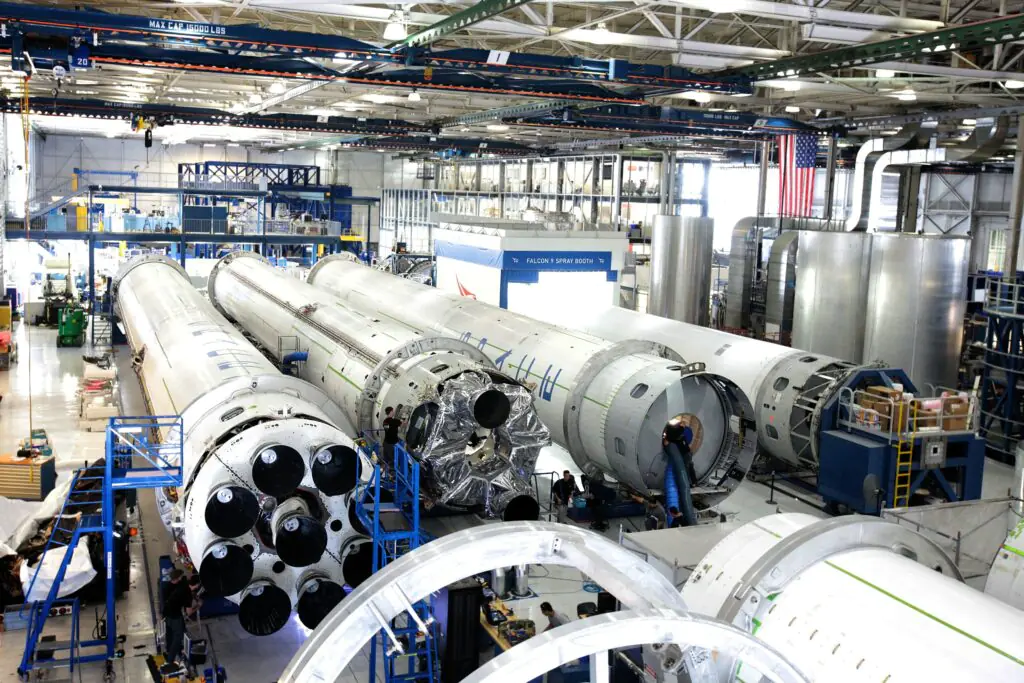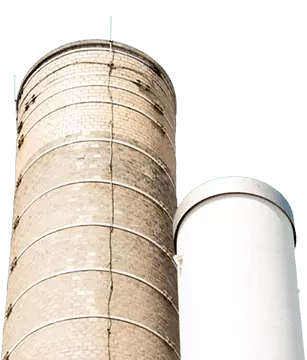Typical qualifications needed for oil and gas jobs in the UK
The typical qualifications needed for oil and gas jobs in the UK vary depending on the specific role and the level of responsibility. The oil and gas industry offers a wide range of career opportunities, including engineering, geology, environmental management, and various technical roles. Here are some general qualifications and requirements commonly sought by employers in the UK oil and gas sector:
Education: A relevant degree in engineering, geosciences, chemistry, environmental sciences, or related fields is often required for technical and professional roles in the industry. For higher-level positions and specialized roles, postgraduate qualifications may be preferred or required.
Experience: Many oil and gas jobs require practical experience in the field or related industries. Employers often seek candidates with relevant work experience, internships, or apprenticeships.
Certifications: Certain positions may require specific certifications, such as Chartered Engineer status, Chartered Geologist status, or Health and Safety certifications. Additionally, for roles involving gas work, candidates must be registered with Gas Safe Register to legally work on gas appliances.
Specialised Skills: Depending on the role, employers may seek candidates with specific technical skills, such as knowledge of drilling operations, reservoir engineering, pipeline design, or environmental impact assessments.
Safety Awareness: The oil and gas industry places a high emphasis on safety. Candidates must demonstrate a strong commitment to safety protocols and procedures.
Analytical and Problem-Solving Abilities: Jobs in the oil and gas sector often involve complex problem-solving and analytical tasks, especially in fields like geology, reservoir engineering, and exploration.
Teamwork and Communication: Working in the oil and gas industry often involves collaboration with diverse teams. Strong communication skills and the ability to work well with others are highly valued.
Flexibility and Adaptability: Oil and gas jobs can involve working in challenging and remote locations, including offshore platforms and remote drilling sites. Flexibility and adaptability to varying working conditions are essential.
Legal Requirements: For certain roles in the oil and gas sector, candidates may need to meet legal requirements, such as eligibility to work in the UK or security clearance for positions involving sensitive projects.
It’s important to note that specific qualifications may vary depending on the engineering discipline and the employer’s requirements.
